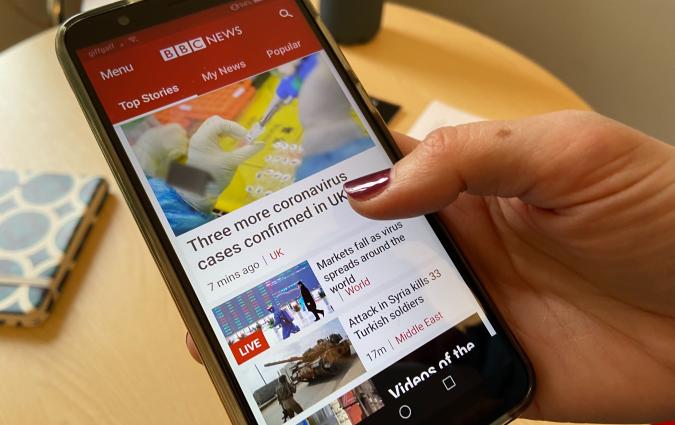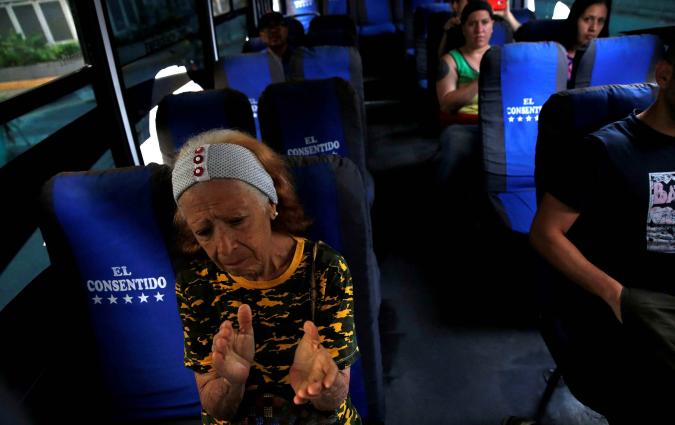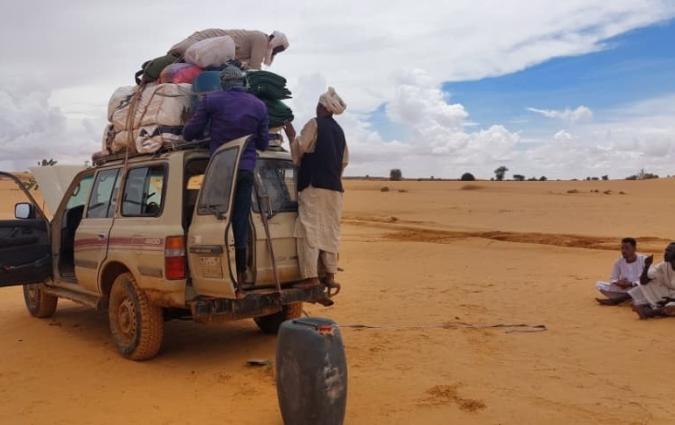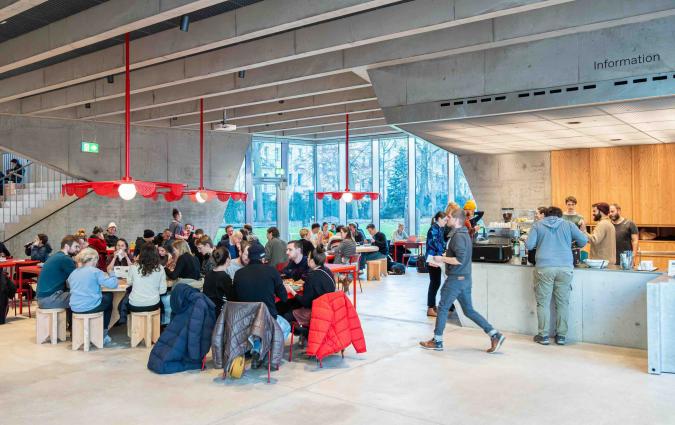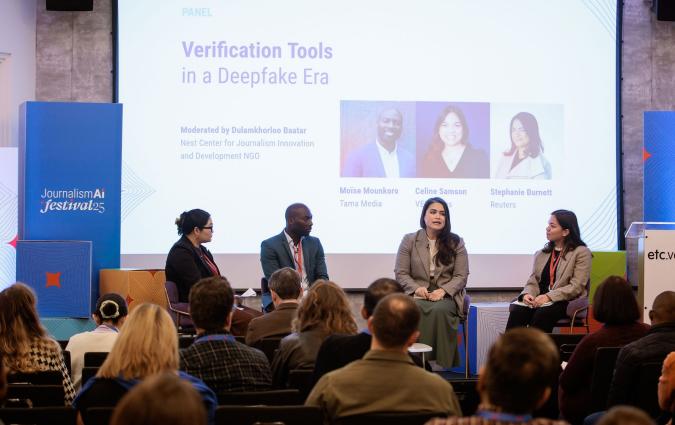From Maria Ressa to Supriya Sharma: the threat to press freedom in the pandemic
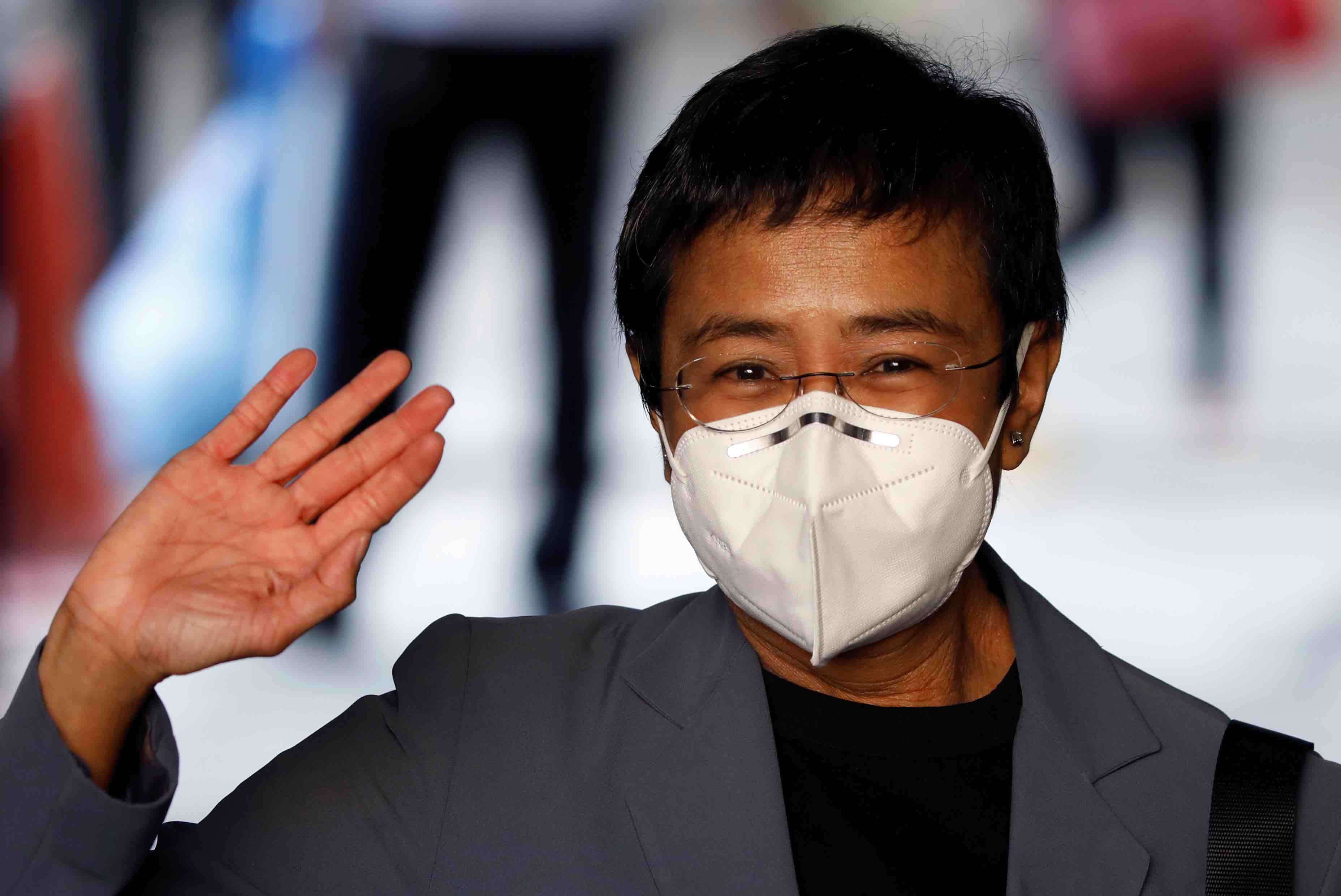
Maria Ressa, Executive Editor and CEO of Philippine news website Rappler, arrives at Manila Regional Trial Court on 15 June 2020. REUTERS/Eloisa Lopez
One week ago, Maria Ressa, the charismatic, talented editor of Rappler, an independent, digitally innovative news outlet in the Philippines, was found guilty of cyber-libel over a story Rappler had published in 2012 about alleged links between a senior judge and a businessman. Another writer, Reynaldo Santos Jr, who had worked on the story, was also found guilty. The law under which Ressa and Santos Jr were convicted – a new cyber-libel law that issued harsher penalties for online than offline libel – only came to play 4 months after the story was published, but the court accepted that it had been “republished” in 2014 as it had been updated to correct a typo.
The ruling was clearly an attack on Ressa and press freedom in the Philippines and part of a wider trend of governments using whatever legal tools they have at their disposal to chill critical journalism. In addition to last week’s ruling, Ressa faces prosecution for libel, and is being investigated over alleged illegal foreign ownership in her companies and investigations into old tax returns. No stranger to the law courts, Ressa has now posted bail multiple times and operates under the constant threat of jail.
A few days later in India, Supriya Sharma, executive editor of Scroll.In, an independent, digitally innovative news outlet in India, was charged under an array of laws, including laws designed to protect the rights of lower castes, and another one related to acts “likely to spread infection of disease dangerous to life” for a story Scroll.In had published on the impact of COVID-19 among the poorest communities in Varanasi, India. The Editors Guild of India said in defense of Sharma that the “criminal provisions of the law against journalists have now become an unhealthy and despicable trend that has no place in any vibrant democracy.”
In both Ressa and Sharma’s case, legal tools have been weaponised and used by authorities to attack independent-minded journalists but also to send a warning to other media outlets that they face soaring legal costs and convoluted court cases for critical reporting.
They also put an almost unbearable pressure on individual journalists. The Maltese investigative journalist Daphne Caruana Galizia was fighting around 40 libel lawsuits and had her bank account frozen at the time of her assassination in 2017. She was driving to the bank to try to access her cash when the car bomb that killed her detonated.
These lawsuits, referred to as SLAPP or Strategic Lawsuits Against Public Participation, aim to make journalists buckle under the weight of legal fights. They use resources at a moment when newsrooms are desperately short of money and time, and are a particular problem for small media outlets.
The media industry is facing a financial crisis that is exacerbated by the COVID-19 pandemic. A fall in advertising revenues and a focus on the pandemic that has made all other reporting less viable. They are laying off staff, closing bureaus and cutting platforms.
In this climate SLAPP cases hit hard.
The lawsuits, used by local and national authorities, are often framed as pitting “the people” against the reporter. This erodes trust in media, and again hits the bottom line: many independent news outlets rely on their readers, rather than government advertising, for revenue. The lawsuits create an air of mistrust and confusion around the reliability of the journalists, which in turn makes it harder for them to connect with both potential subscribers and the communities on which they are meant to report. Potential sources too back away from speaking to journalists, concerned that even anonymously given information can be unearthed in a court of law.
On Monday 22 June the Reuters Institute for the Study of Journalism and the Bonavero Institute for Human Rights hold a webinar with UNESCO on COVID-19 and freedom of expression to highlight the challenges to freedom of expression, privacy, access to information and related rights posed by measures adopted by governments around the world in response to the pandemic.
It’s being held at a critical moment, when it's more vital than ever to highlight media freedom, and defend the role independent journalists play in scrutinising governments and reporting on the ground from communities that need to tell their stories.


